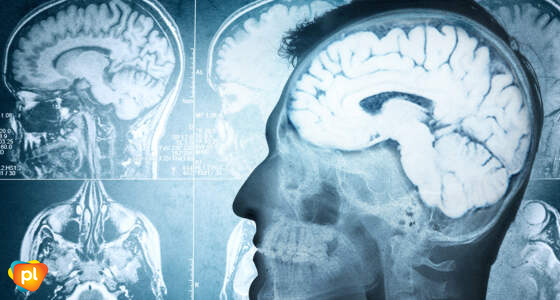
When a person first contracts HIV, the virus immediately affects many different cells and organs throughout the body, including the brain. Some people living with HIV develop cognitive, motor and/or mood changes that are normally diagnosed as HIV-Associated Neurocognitive Disorder (HAND).
Early assessment, diagnosis and treatment are the keys to a better outcome for anyone diagnosed with HAND. Adapting your HIV treatment for HAND can result in improving your symptoms, slowing them down or even reversing them. Most people continue living productive and engaged lives with HAND.






